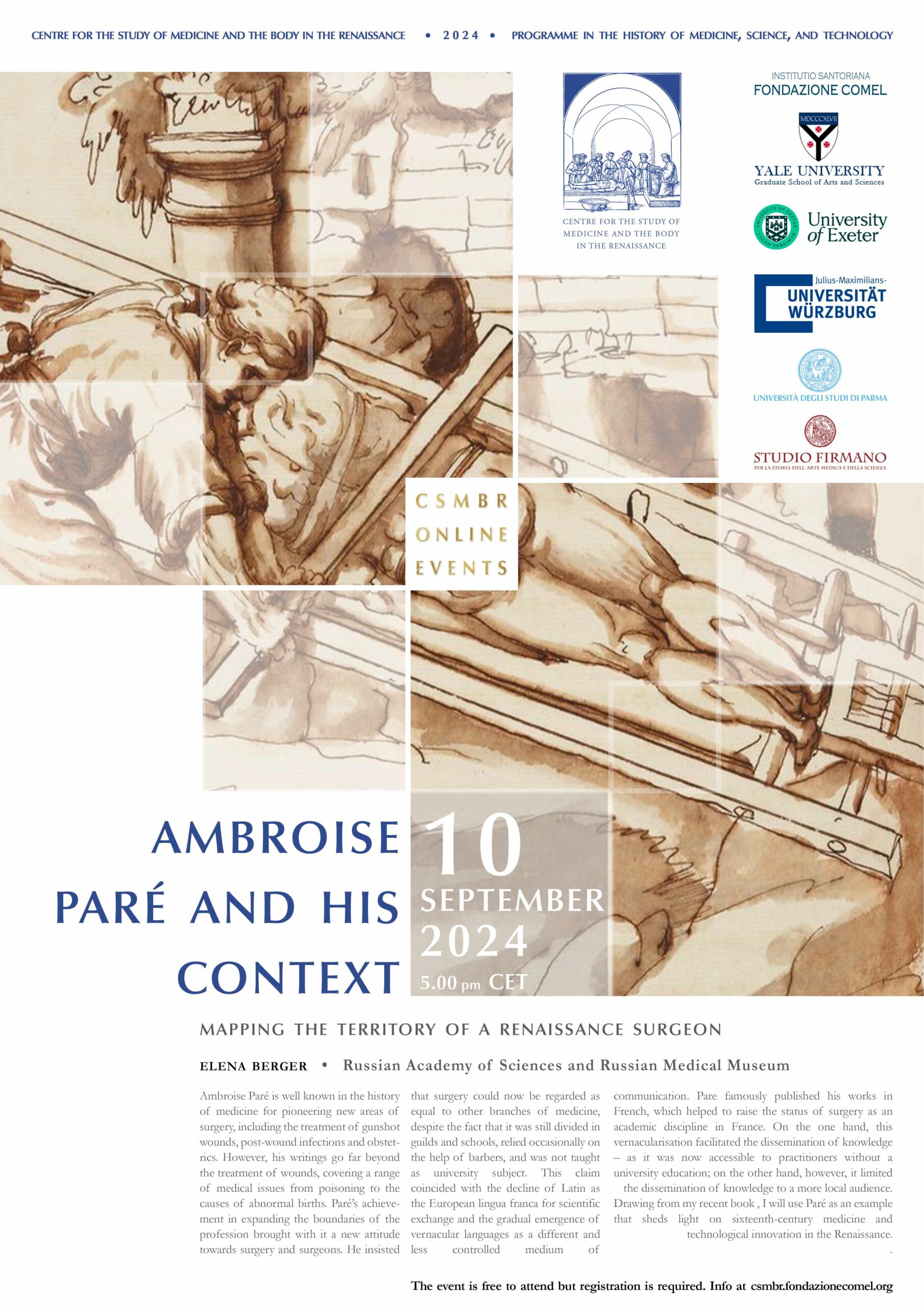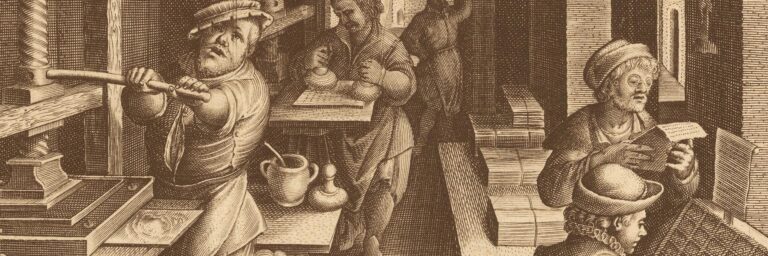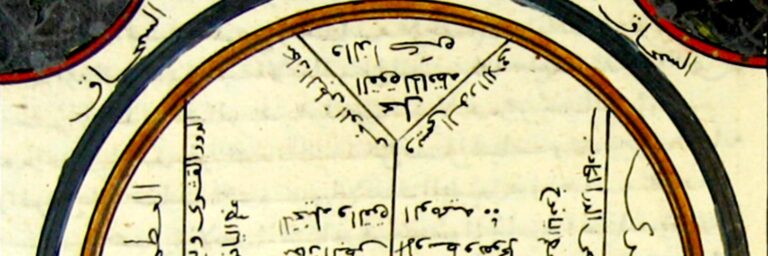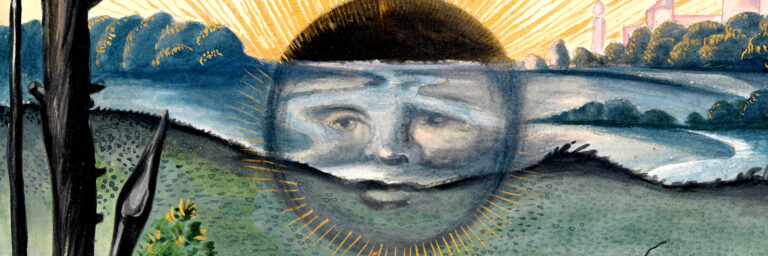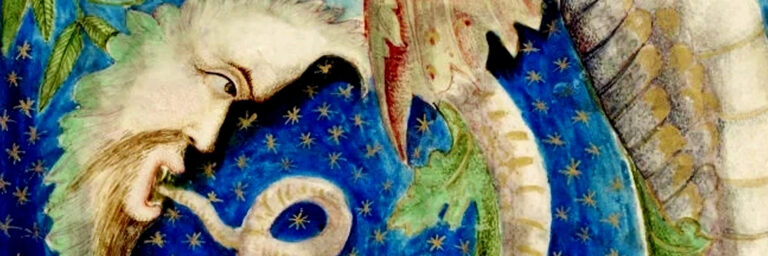Ambroise Paré and his Context
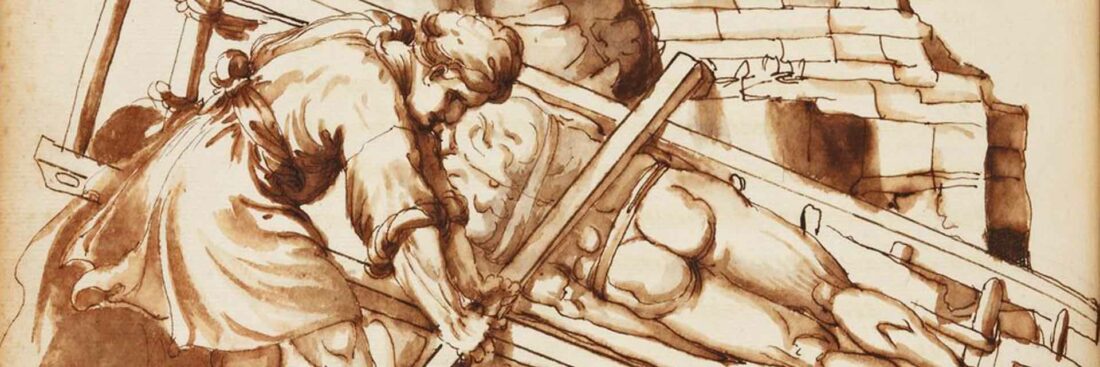
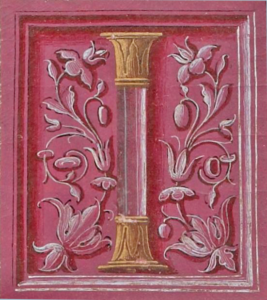
Ambroise Paré
and his Context
Mapping the Territory
of a Renaissance Physician
Elena Berger
10 September 2024 – 5 PM (CEST)
Ambroise Paré is well known in the history of medicine for pioneering new areas of surgery, including the treatment of gunshot wounds, post-wound infections and obstetrics. However, his writings go far beyond the treatment of wounds, covering a range of medical issues from poisoning to the causes of abnormal births.
Paré’s achievement in expanding the boundaries of the profession brought with it a new attitude towards surgery and surgeons. He insisted that surgery could now be regarded as equal to other branches of medicine, despite the fact that it was still divided into guilds and schools, relied occasionally on the help of barbers, and was not taught as a university subject.
This claim coincided with the decline of Latin as the European lingua franca for scientific exchange and the gradual emergence of vernacular languages as a different and less controlled medium of communication.
It is well known that Pare published his works in French, which helped to raise the status of surgery as an academic discipline in France. On the one hand, this vernacularisation facilitated the dissemination of knowledge – as it was now accessible to practitioners without a university education; on the other hand, it limited knowledge dissemination to a more local audience.
According to him, the temporal realm should strive to emulate the perfection of the metaphysical realm and man, his creator.
Drawing from my recent book Ambroise Paré: The First Surgeon of the Realm (2023), I will use Paré as an example that sheds light on sixteenth-century medicine and its potential as a science. I will also examine the circumstances of Paré inventions, as well as the extent of their practical application and their dissemination, which opens up new research directions for the phenomenon of technological innovation in the Renaissance.
About the Speaker ...
Elena Berger, PhD, is a senior researcher at the Institute of World History (Russian Academy of Sciences) and also holds a research position at the Russian Medical Museum in Moscow, Russia.
The general focus of her research is medicine and surgery in medieval and Early Modern Europe. She is particularly interested in the history of medical education, the boundaries of medical specialities and the changing social status of medical professionals. Her articles are also dedicated to the history of medical discoveries. Her book Ambroise Paré: The First Surgeon of the Realm was published last year (in Russian). Berger is involved in several projects on the formation of medical museums and their role in present-day medical education.



